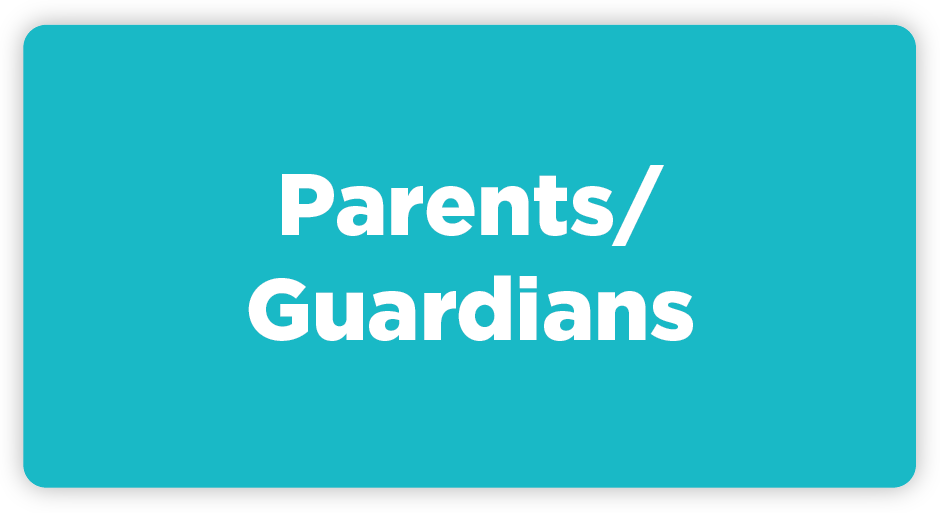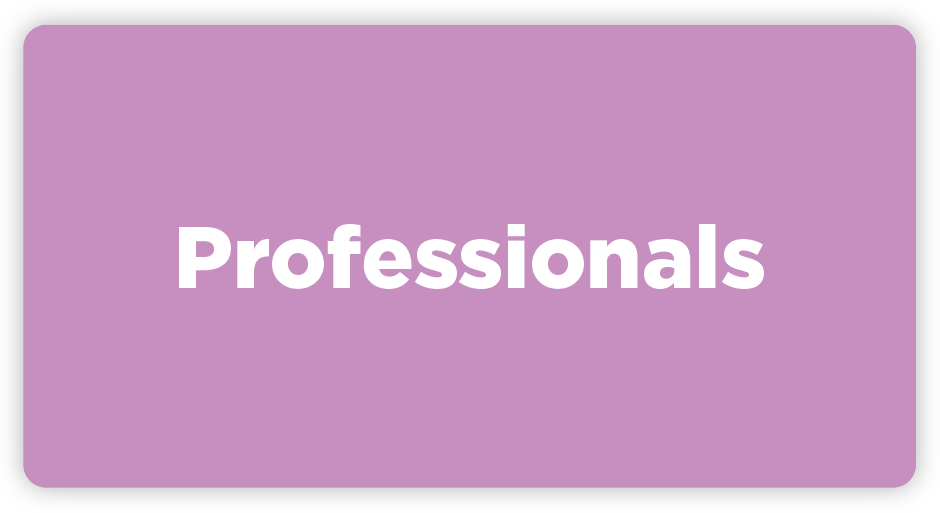National Home Visiting Programme
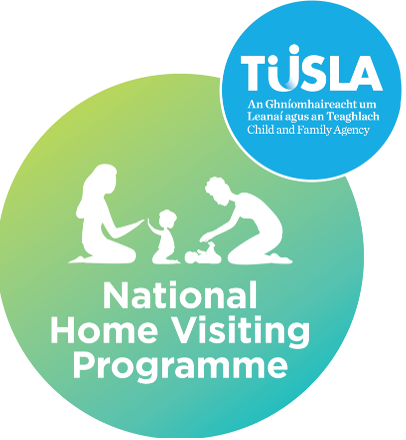 The National Home Visiting Programme is responsible for the development of a consistent approach to the delivery of evidence-based Home Visiting Programmes for parents in pregnancy and early childhood in communities in Ireland.
The National Home Visiting Programme is responsible for the development of a consistent approach to the delivery of evidence-based Home Visiting Programmes for parents in pregnancy and early childhood in communities in Ireland.
It was established by Tusla and the Department of Children, Disability and Equality (formerly Department of Children, Equality, Disability, Integration and Youth’s) under the Children’s Fund in 2024, with the aim to co-ordinate, provide direction and collect data and evidence to inform the future development of a sustainable national home visiting service.
It is specifically responsible for the development and expansion of evidence based early childhood Home Visiting Programmes in areas of disadvantage in Ireland, through the administration of €10 million from the Children’s Fund over a five-year period from 2024 to 2028.
The National Home Visiting Programme is based in the National Prevention Partnership and Family Support team in Tusla's National Office.
Parents/Guardians
Introduction to Home Visiting:
At Tusla, the Child and Family Agency – we are committed to supporting children and families from the very beginning. As part of this commitment, Tusla funds early childhood Home Visiting programmes across Ireland, along with other funders, to support parents and families in pregnancy and early childhood. Home Visiting programmes offer practical, emotional and developmental support to parents and carers, especially during pregnancy and the early years of a child’s life. These services are based on partnership, trust, and offering support as early as possible.
Support in your own home
Parenting can be joyful, but it can also feel overwhelming at times – and that’s okay. Home Visiting gives you access to a trained Home Visitor who visits your home regularly to offer support tailored to your needs and your baby and child’s development.
What can a Home Visitor help with?
- Guidance on what to expect in pregnancy, preparation for birth, feeding, sleeping, routines, and behaviour, with up-to-date information from HSE My Child programme.
- Activities to support your child’s development, including speech, language and communication and physical development.
- Help accessing local supports like childcare, health services, or community groups.
Different models of Home Visiting exist. Some of the more common evidence-based early childhood Home Visiting Programmes available in areas of Ireland include Preparing for Life, Lifestart, Parent Child+, Infant Mental Health and Community Families.
 |
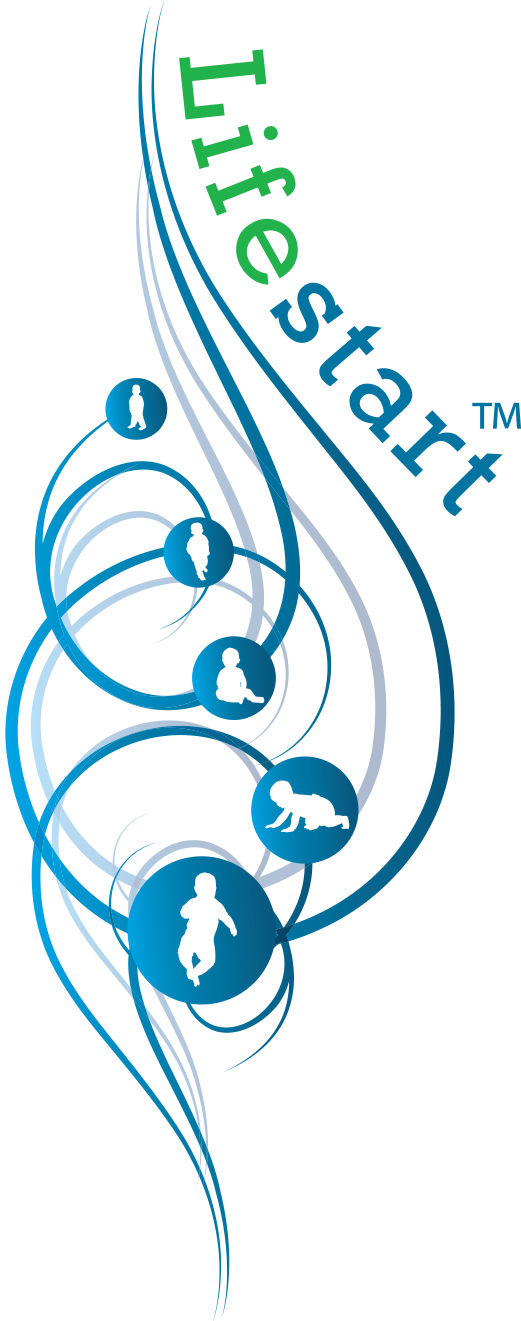 |
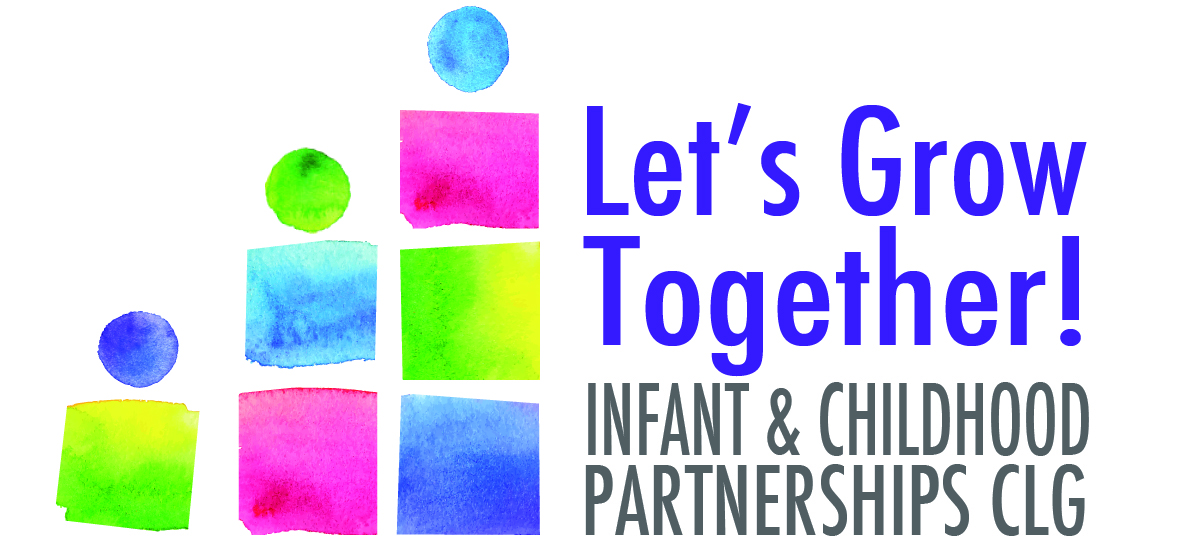 |
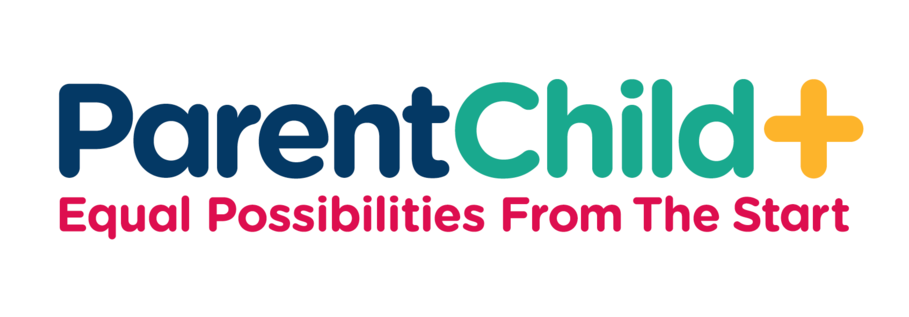 |
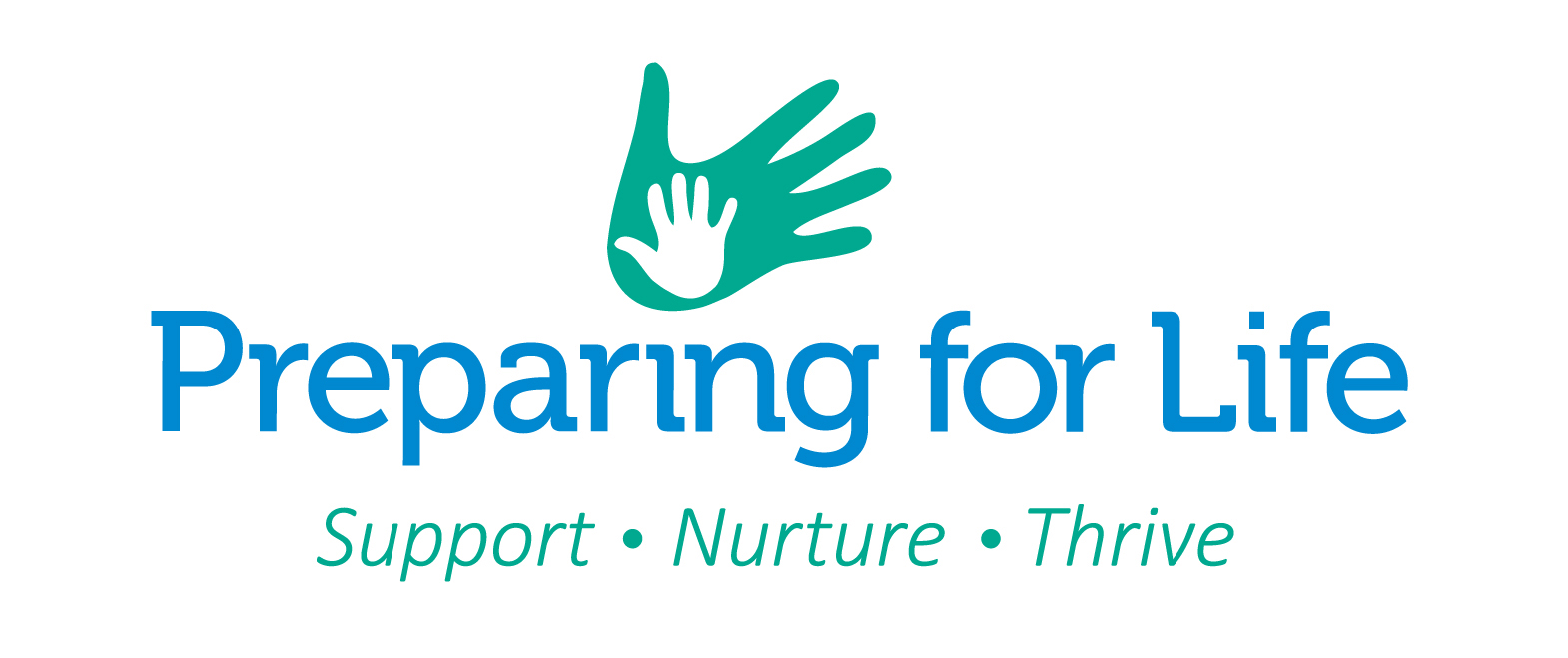 |
The duration of each home visiting programme varies although most are provided for a period of two years or longer. The frequency of visits also varies, from twice weekly to monthly visits.
Is it free?
Yes – all Home Visiting programmes based in community services funded by Tusla or our partners are completely free.
If someone I know, like a midwife or Public Health Nurse, recommends home visiting, do I have to do the Programme?
No, Home Visiting is voluntary with parents deciding themselves if they wish to take part. Professionals like Public Health Nurses, Midwives or GPs may recommend the service, but the parent themselves decides if this support is right for them, and if this is the right time for it.
Interested in Home Visiting?
You can talk to your Midwife, Public Health Nurse, GP or a Tusla Child and Family Support Network team in your area to find out what services are supporting parents in your area, or contact a Home Visiting Service yourself.
Professionals
The Children’s Fund
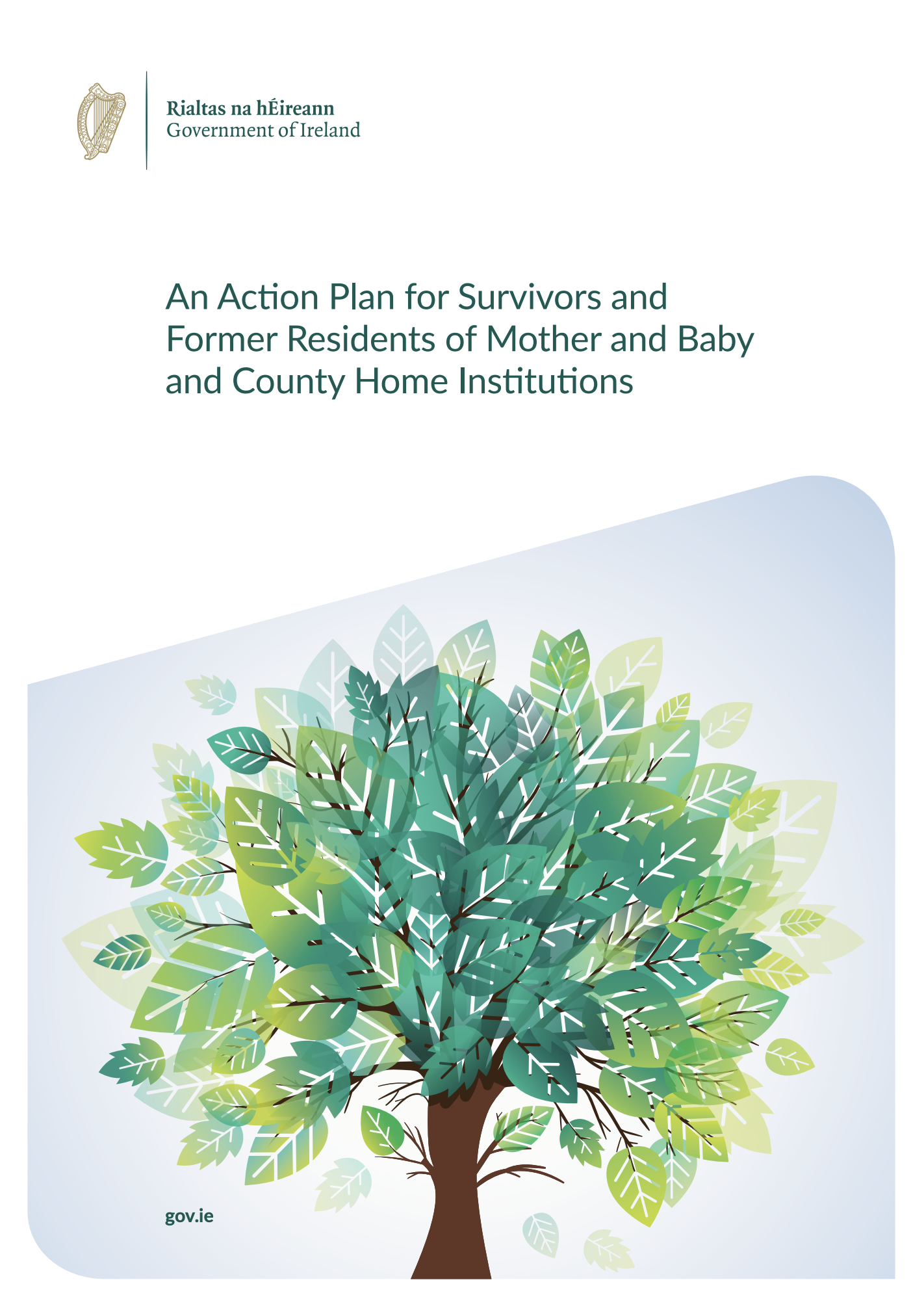 In 2021, the government published the Action Plan for Survivors and Former Residents of Mother and Baby Home Institutions. Action 18 of this plan set out the government’s commitment to ‘honour the memory of the children who died in Mother and Baby Homes through the creation of a specific fund which supports children who experience disadvantage in the present day’.
In 2021, the government published the Action Plan for Survivors and Former Residents of Mother and Baby Home Institutions. Action 18 of this plan set out the government’s commitment to ‘honour the memory of the children who died in Mother and Baby Homes through the creation of a specific fund which supports children who experience disadvantage in the present day’.
A Panel of experts recommended that the Children’s Fund would support the development of home visiting, and the DCDE, Tusla and the HSE worked together to develop recommendations on the creation of a sustainable, co-ordinated home visiting service. The central objective of the Fund was to increase availability and accessibility of evidence-based home visiting services nationwide, with a focus on development of new home visiting provision in areas of disadvantage, with accessibility for families that need it most. The Programme was established in 2024 for five years.
What is Evidence Based Early Childhood Home Visiting
Evidence-based Early Childhood Home Visiting focusses on the development of a trusted relationship between the parent/s and Home Visitor, supporting parents in pregnancy and early childhood, with the delivery of an evidence-based Programme over a number of years in the family’s home, that promotes infant and child health, fosters educational development and school readiness, promotes parental wellbeing, confidence, and connectivity with their community, and helps prevent child abuse and neglect. This is a prevention and early intervention approach used to support and guide expectant parents and parents of babies and young children through their journey of becoming parents.
 The Home Visiting Alliance defines Home Visiting as ‘Early childhood home visiting is an evidenced based proven service delivery strategy that helps children and families thrive and paves the way to a healthier, safer, and more successful future for families. It connects parents-to-be and parents of young children with a Home Visitor who guides them through the early stages of raising a family.’ This definition was taken from the Home Visiting Alliance Feasibility Study. The Home Visiting Alliance is a collective body established by 5 Early Childhood Home Visiting Programmes to represent the national voice for home visiting.
The Home Visiting Alliance defines Home Visiting as ‘Early childhood home visiting is an evidenced based proven service delivery strategy that helps children and families thrive and paves the way to a healthier, safer, and more successful future for families. It connects parents-to-be and parents of young children with a Home Visitor who guides them through the early stages of raising a family.’ This definition was taken from the Home Visiting Alliance Feasibility Study. The Home Visiting Alliance is a collective body established by 5 Early Childhood Home Visiting Programmes to represent the national voice for home visiting.
Different models of Home Visiting exist. Some of the more common evidence-based early childhood Home Visiting Programmes available in areas of Ireland include Preparing for Life, Lifestart, Parent Child+, Infant Mental Health and Community Families.
 |
 |
 |
 |
 |
The duration of each home visiting programme varies although most are provided for a period of two years or longer. The frequency of visits also varies, from twice weekly to monthly visits. Home visiting programmes for parents of babies and young children are funded through a range of funders, most of the funding is by Tusla through local Area Commissioning, ABC Programme and the Children’s Fund. Other funding to Home Visiting comes through the HSE, philanthropic grants, private donor funding and grants through the DCDE, CYPSC and others.
Development of new Home Visiting Provision by Children’s Fund
Click below for location of new or expanded Home Visiting Services:
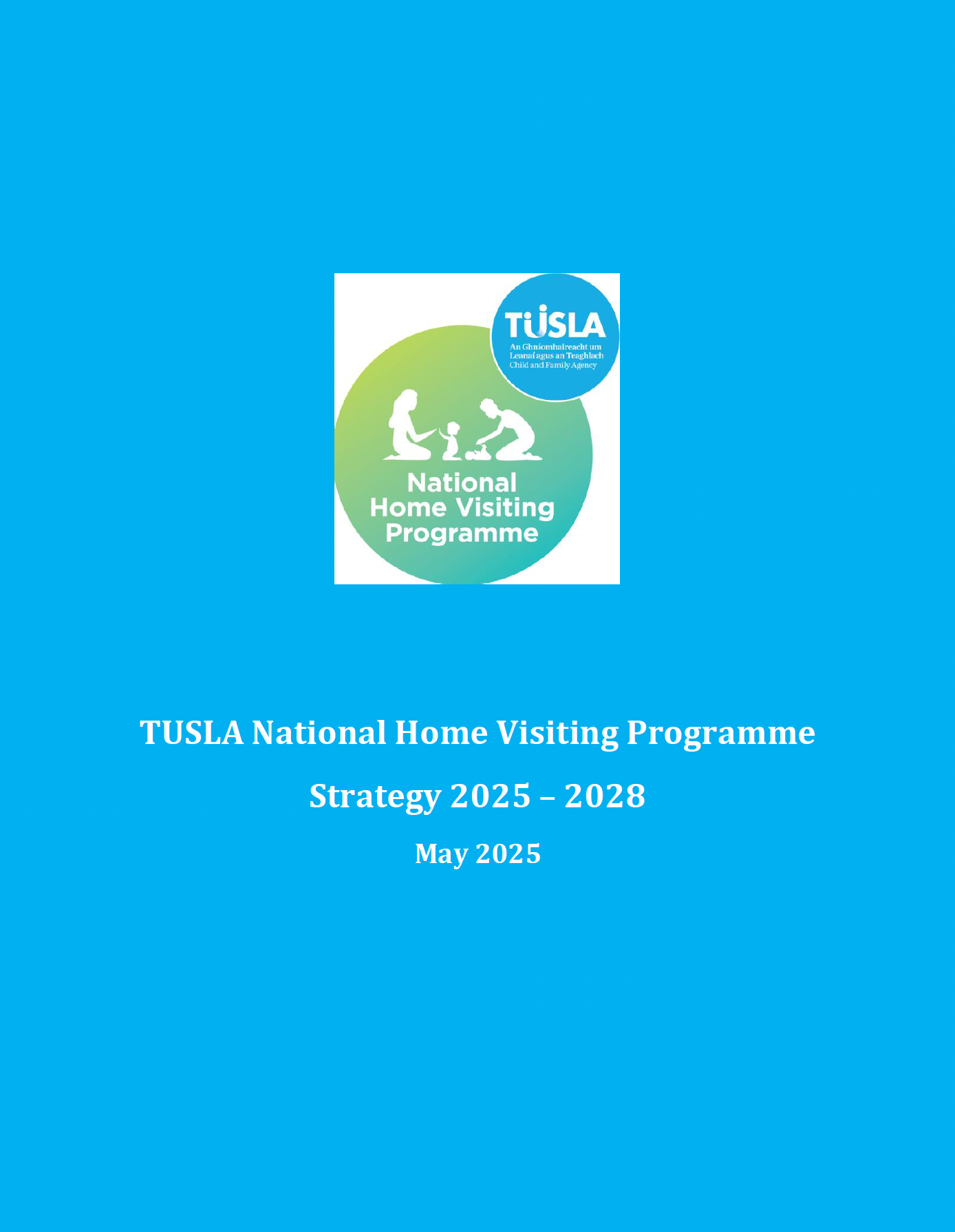 |
National Home Visiting Programme Strategy 2025 – 2028 |
Contact
Caroline Sheehan, National Home Visiting Programme Manager
Thomas Foley, Data Quality Officer

